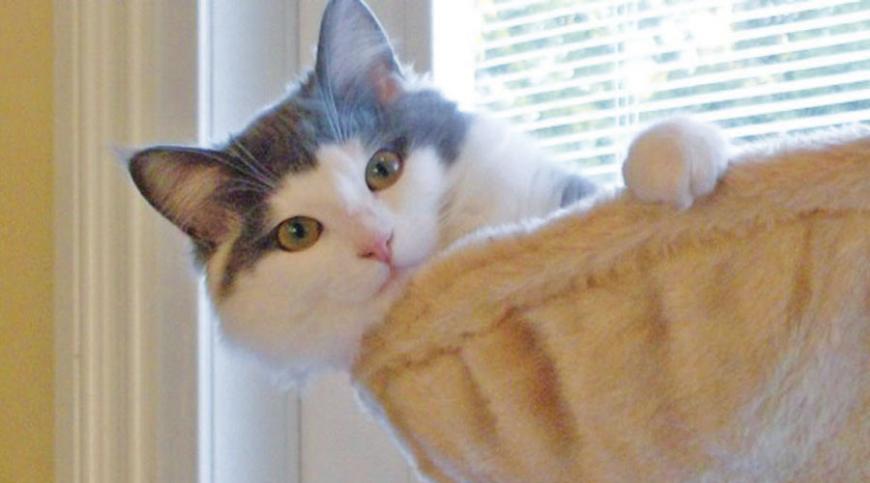
There is no good medical reason for your cat to have a litter of kittens before she is spayed.
Neutering or spaying is the process by which your cat’s veterinarian renders her sterile. When male pets are sterilized, the process is called neutering. When females receive the same treatment, it’s called spaying - nonetheless, you can refer to either procedure as neutering.
By neutering your cat you’ll help reduce the overpopulation of this feline community. Besides the health and behavioral advantages of spaying and neutering, there is also the advantage of making certain that your cat does not contribute to the pet overpopulation problem. The number of cats euthanized every year at shelters, rescues, and animal control facilities throughout the nation is staggering. And these cats are euthanized simply for lack of proper homes.
Tragically, there are people who still believe that their cat or dog should be allowed to have one litter before they’re spayed. There is no good medical reason for your cat to have a litter of kittens before she is spayed. In fact, there is no good reason that your cat should wait until she starts her heat cycle before she is spayed.
Some think that their pets’ personality will change if the animal is sterilized without reproducing at least once.In fact, there is no good reason that your cat should wait until she starts her heat cycle before she is spayed. Others want to teach their children about the “miracle of birth” or worry that their animals will become overweight and inactive. The question that worries many is that “Will my cat be different?” The answer is - probably not. After neutering, your cat will return to her old, playful self very quickly. Rest assured she’ll still be the same cat you’ve always known and loved.
There are many advantages to spaying or neutering your cat. When female cats go into heat, both her hormones and instincts urge her to find a mate. And if she’s your only cat, she’ll try to escape every time you open the door so that she can find one. Remember that males are also driven by hormones and the mating instinct, and will try their best to escape for the same reason. Both males and females are at risk outdoors of being injured as they cross roads and highways to mate. By neutering your cat, you’ll reduce this wanderlust and find they’re happy to stay put in the safe, comfy spot next to you on the couch.
Your cat’s vet will recommend the optimal age at which she should be neutered. In general, most vets prefer to neuter a cat around the age of sexual maturity. The surgical neutering procedure is done in a vet’s office under general anesthesia. Your vet will explain it to you and give you specific instructions for pre- and post-operative care. Expect to withhold food and water from your cat the night before surgery and to bring your cat to the veterinary office by a particular time.
Recovery from spaying can take between 10-14 days. During this time you should limit activity of your pet as much as possible to allow time to heal. Consider confining your pet to a room or crate while unsupervised to make sure they are not able to overexert themselves.
An Elizabethan collar or “pet cone” is recommended to make sure your pet is not able to harm her incision wounds by over grooming or licking the area. This will prevent the majority of post operation complications.
Neuter surgeries are much less invasive and have a very quick recovery time- especially for kittens. You can expect your cat to behave as normal within a few days of the surgery.
Despite how unaffected your pet seems to be by this surgery it is important to make sure they have limited activity for at least 10 days to prevent the incision from opening.
You can expect your pet to be groggy after the surgery. This tiredness can even last a day or two after the surgery itself.
Personally, I have nothing against breeding cats. In fact, there are many breeds of cats that I find quite beautiful and fascinating. The thought of losing these breeds because we no longer breed them is distressing. However, I do believe that the breeding of animals should be carried out only by reputable breeders with knowledge of their chosen breed and careful selection of the mated pair. Breeding your cat simply because you want kittens is, in my opinion, unacceptable.
